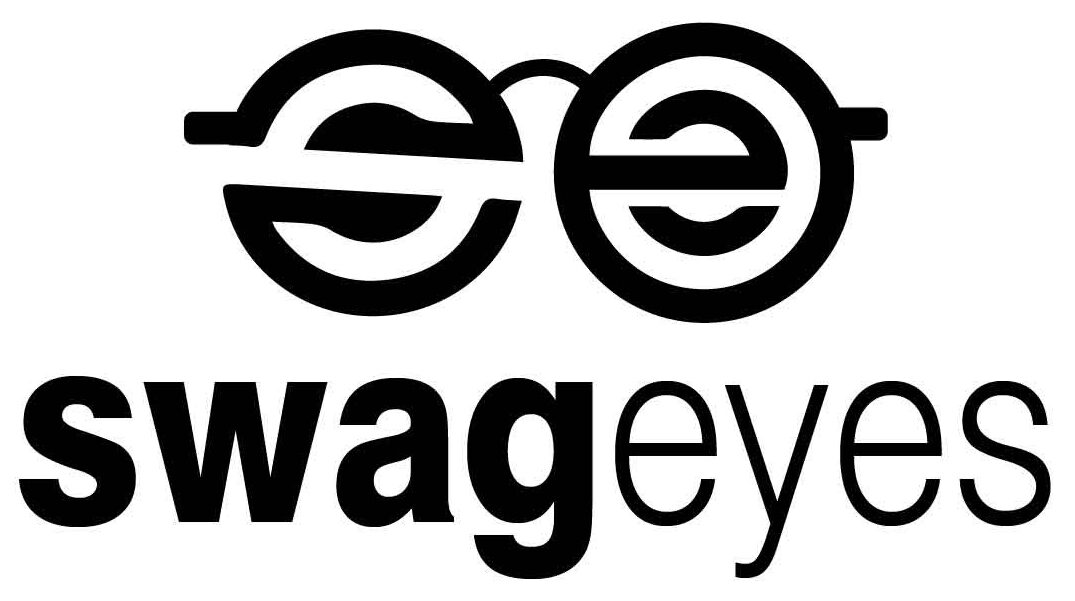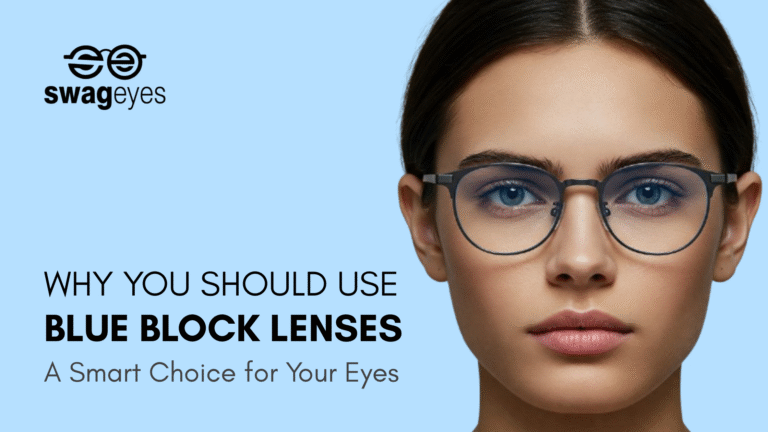In today’s digital age, screens are everywhere—laptops, smartphones, tablets, TVs. While technology offers incredible convenience, it also brings an unexpected downside: prolonged exposure to blue light. You may have heard the buzz around blue light blocking glasses, but do you really understand what they do or why they matter? Let’s break it down.
What is Blue Light?
Blue light is a high-energy visible (HEV) light with a short wavelength, emitted by the sun, LED lighting, and digital screens. While exposure to natural blue light during the day helps regulate your circadian rhythm (your body’s natural sleep-wake cycle), excessive artificial blue light—especially at night—can disrupt your health.
The Hidden Effects of Blue Light Exposure
1. Digital Eye Strain
Spending hours staring at screens can lead to eye fatigue, dryness, and blurred vision—a condition known as digital eye strain or computer vision syndrome. Blue light contributes significantly to this discomfort.
2. Sleep Disruption
Blue light suppresses melatonin, the hormone responsible for sleep. This means late-night scrolling or binge-watching can trick your brain into thinking it’s still daytime, making it harder to fall asleep and reducing sleep quality.
3. Potential Retinal Damage
Some studies suggest that long-term exposure to blue light may contribute to retinal stress and increase the risk of age-related macular degeneration (AMD), although more research is needed in this area.
Who is at Risk?
Almost everyone. Whether you work from home, game in your free time, or just enjoy scrolling through social media, you’re likely getting more blue light exposure than your eyes can comfortably handle. Students, remote workers, IT professionals, and content creators are particularly vulnerable.
Benefits of Blue Light Blocking Glasses
So, where do blue light blocking glasses come in?
1. Reduced Eye Strain
These glasses filter out a portion of blue light, helping to reduce headaches, dry eyes, and fatigue associated with prolonged screen time.
2. Better Sleep Quality
Wearing blue light glasses, especially in the evening, supports melatonin production and improves your ability to fall asleep more easily and stay asleep longer.
3. Improved Focus and Productivity
Less strain on the eyes means you can stay focused on tasks for longer without discomfort or distraction.
4. Long-Term Eye Health
By limiting blue light exposure, these glasses may help protect your retina and reduce the risk of potential long-term damage.
5. Stylish and Versatile
Modern blue light glasses come in various designs, allowing you to look good while protecting your eyes—whether you’re in a Zoom meeting or relaxing at home.
Conclusion:
Benefits of Blue Light Blocking Glasses go beyond fashion—they are a proactive step toward maintaining better eye health, improving sleep, and enhancing your overall digital experience. Whether you’re a student, a remote worker, or just someone who enjoys screen time, investing in a pair might be the best decision you make for your eyes this year.


